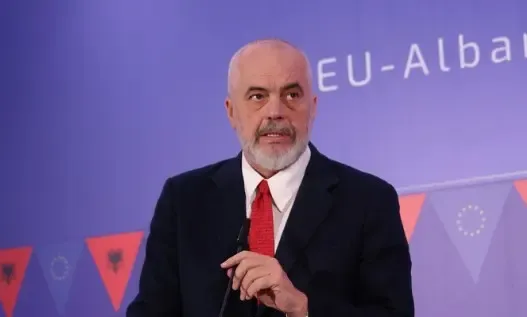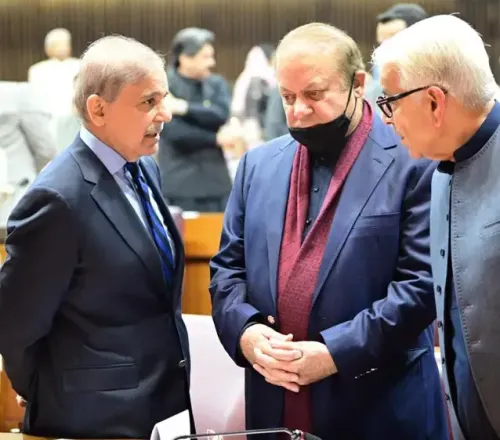Albania to Decrease Electricity Prices

Tirana, Jan 9 (NationPress) The Albanian government will lower household electricity costs by 1 Albanian lek (equivalent to 0.01 US dollar) to 8.5 lek per kilowatt-hour effective from February 1 through December 31, as stated by Prime Minister Edi Rama.
During a press briefing on Wednesday, Rama emphasized that this is the first reduction in electricity prices in Albania in 35 years.
Per the new pricing structure established by the Energy Regulatory Authority, from February 1, households using up to 700 kilowatt-hours will incur a cost of 8.5 lek per kilowatt-hour (excluding VAT), while those exceeding that usage will be charged 9.5 lek per kilowatt-hour, according to reports by Xinhua news agency.
Rama attributed this price reduction to economic growth and the government's endeavor to distribute the advantages of reforms among citizens. He stated, "This is a carefully considered measure, thoroughly discussed at all levels."
He reaffirmed Albania's goal to diversify its energy sources as part of a strategic plan aimed at achieving complete energy sovereignty. "Our objective is to generate 30 percent of total energy from non-hydro sources," Rama further noted.
Deputy Prime Minister and Minister of Infrastructure and Energy Belinda Balluku mentioned that Albania is dedicated to maintaining its leadership in renewable energy production within the Balkan region. She expressed optimism that Albania would become a net energy exporter by 2029. (1 Albanian lek = 0.010 US dollar)
Nonetheless, the Opposition has criticized the government's decision to cut electricity prices, labeling it a measure that disproportionately aids the affluent.
Opposition leader Sali Berisha claimed that equal price reductions for all households consuming up to 700 kWh overlook income disparities, providing little relief to lower-income families. "This move means the rich get richer, and the poor stay where they are," Berisha declared, accusing Rama of implementing policies that cater to his interests.
He proposed that price reductions be proportional to income levels, emphasizing the need to support small businesses and families with modest incomes.










